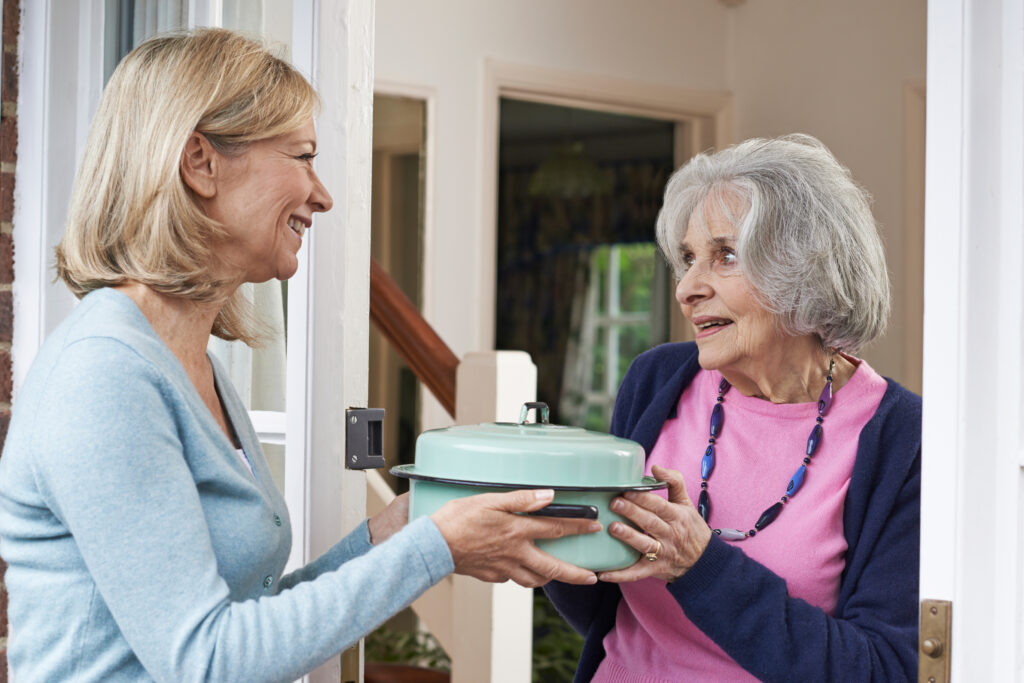Supporting Someone with Ovarian Cancer
When a friend or loved one is diagnosed with ovarian cancer, it’s natural to want to help but not always know how. Here are five meaningful ways you can offer support during this challenging time.
1. Offer Practical Help

A cancer diagnosis can make everyday tasks feel overwhelming. Offering specific, practical assistance can be incredibly valuable:
– Prepare meals or set up a meal train
– Help with household chores like laundry, cleaning, or grocery shopping
– Offer rides to medical appointments
– Assist with childcare or pet care
– Help manage paperwork or organize medical information
Remember to be proactive in your offers, as many people find it difficult to ask for help.
2. Be a Good Listener
Sometimes, the most powerful support you can offer is simply being there to listen. Create a safe space for your loved one to express their feelings without judgment:
– Practice active listening, giving them your full attention
– Avoid trying to “fix” everything or offering unsolicited advice
– Acknowledge their feelings and validate their experiences
– Be comfortable with silence; sometimes just your presence is enough
3. Educate Yourself About Ovarian Cancer
Taking the time to learn about ovarian cancer shows that you care and can help you provide more informed support:
– Research the basics of ovarian cancer, including symptoms, treatments, and side effects
– Learn about the specific type and stage of cancer your loved one is facing
– Stay informed about their treatment plan and potential side effects
– Understand the emotional impact of a cancer diagnosis
This knowledge will help you empathize more effectively and potentially assist in making informed decisions.
4. Provide Emotional Support

Dealing with ovarian cancer can be an emotional rollercoaster. Your steady presence can make a significant difference:
– Check in regularly, even if it’s just a quick text or call
– Offer encouragement and positivity, but also allow space for difficult emotions
– Help maintain a sense of normalcy by continuing to include them in social activities when possible
– Consider accompanying them to support groups or connecting them with cancer support resources
– Remember important dates like scan results or treatment milestones
5. Respect Their Choices and Boundaries
While your support is crucial, it’s important to respect your loved one’s autonomy and privacy:
– Ask permission before sharing their health information with others
– Respect their treatment decisions, even if you might choose differently
– Be mindful of their energy levels and don’t take it personally if they need alone time
– Follow their lead on how much they want to discuss their cancer
– Understand that their needs and preferences may change throughout their journey
Remember, everyone’s experience with cancer is unique. The most important thing is to show that you care and are there for them, however they need you to be.
By offering practical help, being a good listener, educating yourself, providing emotional support, and respecting their choices, you can make a meaningful difference in the life of someone facing ovarian cancer.






